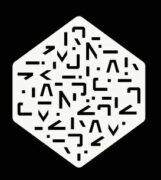
Numerai is a hedge fund that utilizes artificial intelligence (AI) and thousands of crowdsourced machine learning models to make stock market predictions.
Traditional Hedge Funds account for trillions of dollars worth of assets under management. In order to be competitive they are VERY guarded about the data they use, where they get it, and how they process it.
This means they may be limited on the data they use, repeating data processing that others have done or be missing a key strategy that others are using.
Numerai opens up the market modeling process to anybody and then incorporates these participants’ best-performing algorithmic models, into Numerai’s own meta-model. They then use that meta-model for their Hedge Fund.
Numerai has created what it calls ‘The Hardest Data Science Tournament in the World’.
They convert financial data into machine learning (ML) problems. Via weekly competitions, they offer this anonymized data to a global community of data scientists. These scientists, using their own proprietary algorithms, process the data and simply upload their predictions. The more accurate the predictions the greater that individuals share in prize fund.
Key Points:
- The data given out is anonymized making it purely a data processing/machine learning challenge.
- The competitors upload their predictions ONLY. They always keep their own predictive model.
- Competitors get proportionally rewarded for their accuracy from a prize fund.
- The Hedge Fund itself is only accessible to accredited investors but when
As an AI assisted hedge fund there are countless competitors. Even back in September 2018, BarclayHedge’s Hedge Fund Sentiment Survey found that over half of hedge fund respondents (56%) used AI to inform investment decisions.
Outside the Crypto sphere: QuantConnect, Quantopian, and Kavout have crowd-sourcing aspects.
The key difference is the use and amalgamation of crowd-sourced machine-learning models to create a single meta-model.
Initially, the competition participants were paid out to Paypal and then in Bitcoin. They then introduced the NMR token to help improve the quality of the models being submitted.
When submitting a prediction the competitors must also stake an amount of NMR. The prize paid out is then proportional to the accuracy and to the amount staked, up to 25% of the total staked, each week. If, however, the prediction submitted is not of sufficient quality (not accurate enough) then the NMR staked are burned (deleted!).
This means the competitors are incentivized to only submit good-quality predictions.
An update in 2019 means that the total supply is now 11 million NMR which have all been minted. Some (3 million) have been set aside for a longstanding tournament (due to finish in 2028!), and the rest is for future incentives and for the smart contract management of the weekly tournaments where losing stakes are burnt. This makes the token deflationary as no new tokens will be minted.
To earn NMR you need to win the Data Science competitions. This involves creating your own data science prediction model and submitting your predictions, having first purchased and then staking some of your own NMR tokens.
Your earnings / winnings are proportional to the accuracy of your prediction and the amount you have staked up to a maximum 25% of your stake in each competition.
Note: Once staked in a competition your token are locked until the complete resolution of that competitions cycle.
Team

Richard graduated with a degree in pure mathematics from Cornell University. He built a global equity fund powered by machine learning at $15 billion asset manager, Prudential (M&G).
This is where he first developed Numerai’s approach to financial data regularization, a crucial step in applying machine intelligence to the stock market.

Dan’s prior role was head of Portfolio Trading at Aperio Group (now Blackrock), a tax optimized, quantitative SMA provider with $50bn+ AUM. In that role Dan oversaw the firm’s trade execution and optimization efforts along with related infrastructure.
Before Aperio, Dan was Head Trader of Standard Pacific Capital, a $5B global long/short equity hedge fund where he led the trading function with a specific research focus on TMT, financial, and industrial sectors.
His career began at Morgan Stanley, where he worked in the Private Wealth Management division supporting ultra-high-net-worth individuals and venture capital clients.
Investors / Partners
Similar Projects
References / FAQ’s
What is the goal of Numerai?
The goal of Numerai is to create a hedge fund that is entirely run by a global network of anonymous data scientists.
How does Numerai work?
Data scientists build models using Numerai’s historical financial data and submit predictions on current market data. The best models are selected to receive payouts in the form of cryptocurrency.
What kind of data is used in Numerai?
Numerai uses a diverse range of financial data, including stock prices, exchange rates, and other economic indicators.
How can I participate in Numerai?
Anyone can participate in Numerai by signing up for an account and building a machine learning model.
What programming languages can I use to build models on Numerai?
Numerai supports models built in Python and R.
Is Numerai open source?
Numerai’s codebase is not fully open source, but some components are available on GitHub.
How are payouts determined in Numerai?
Payouts are determined by the performance of a data scientist’s model on live market data. The better the performance, the higher the payout.
How is privacy protected in Numerai?
Numerai uses a unique encryption method that allows data scientists to build models without seeing the underlying data. Additionally, all data scientists remain anonymous.
What cryptocurrencies are used for payouts in Numerai?
Numerai currently uses its own cryptocurrency, NMR, for payouts.
Other questions answered directly by Numerai can be found here.
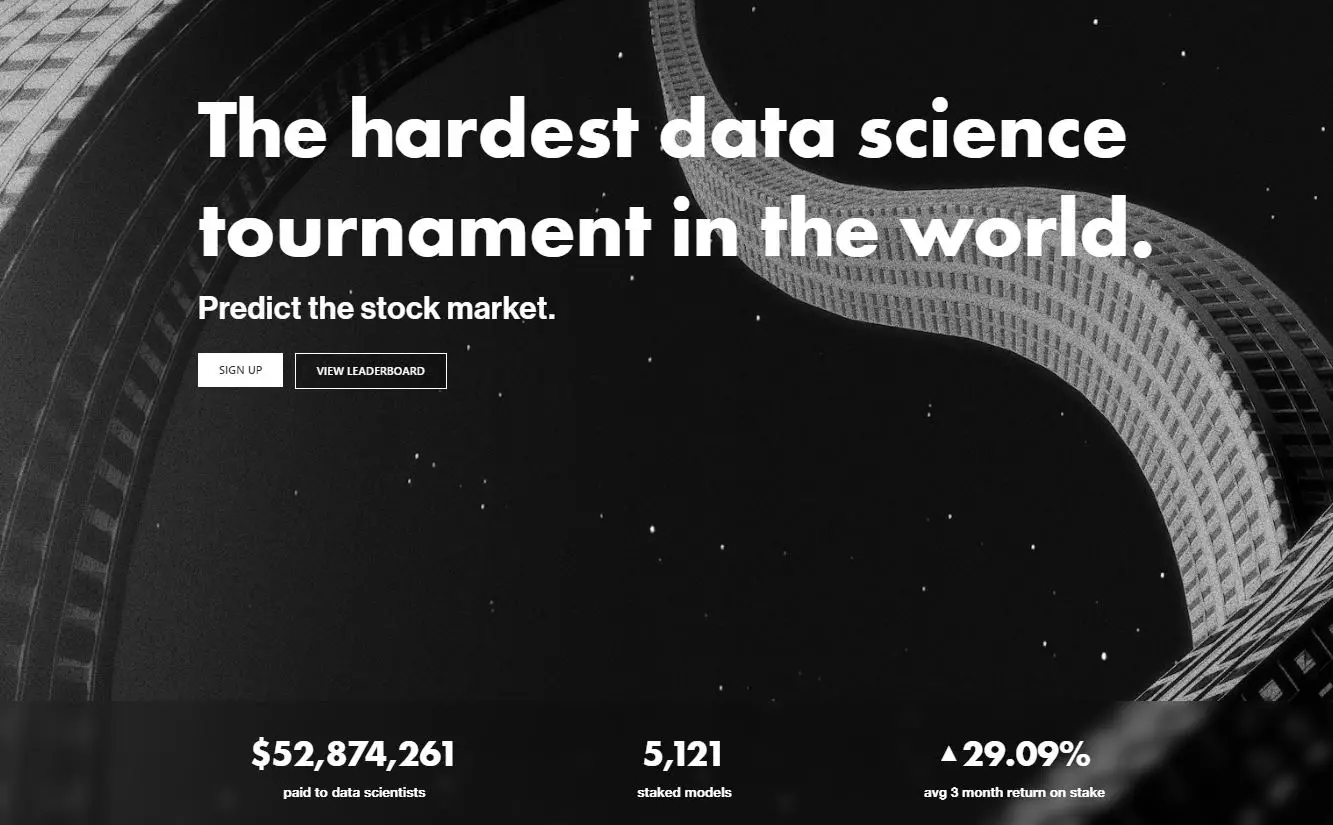
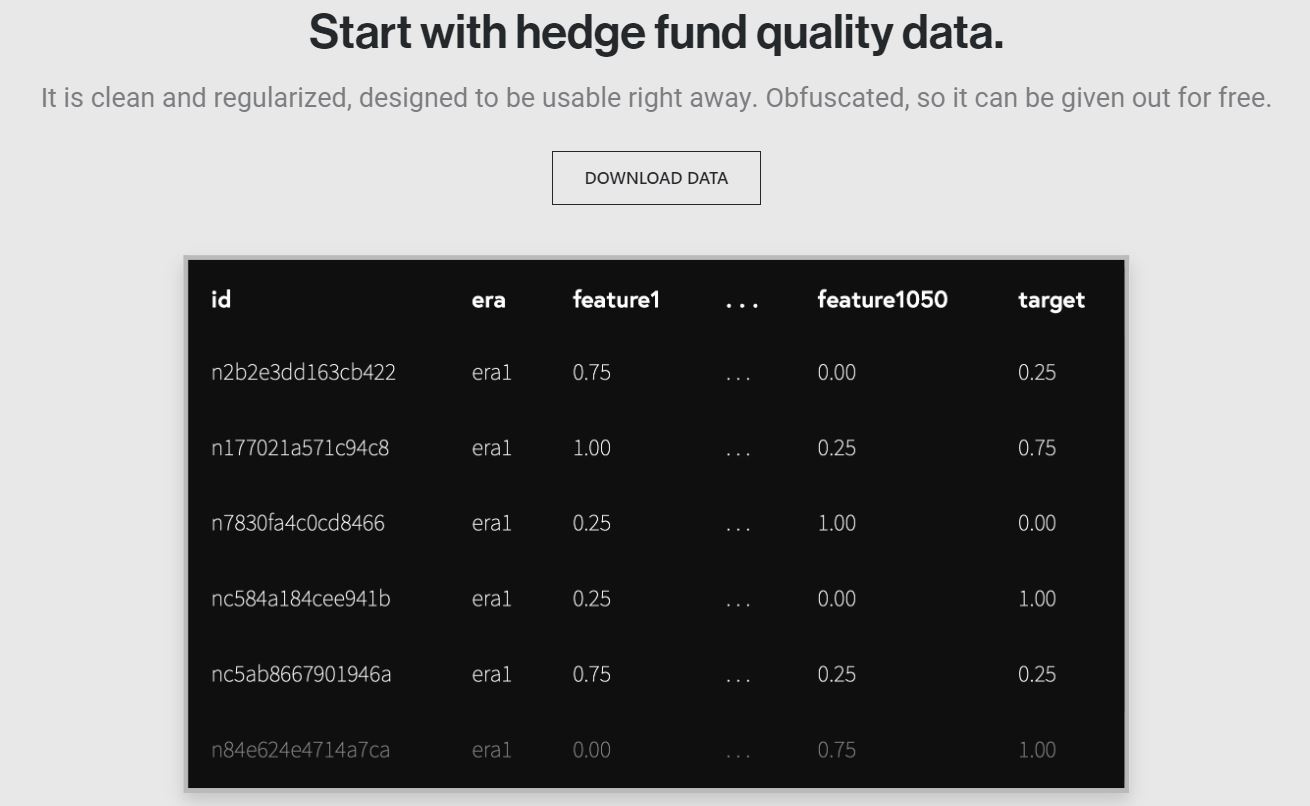
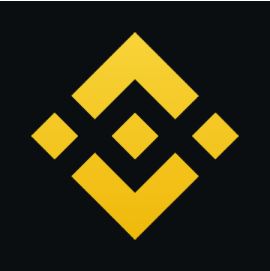
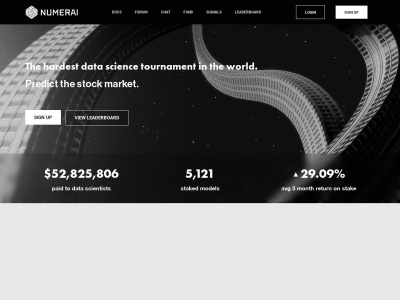
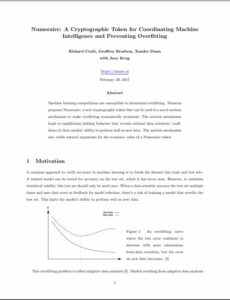
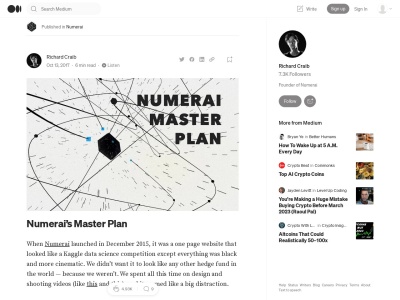



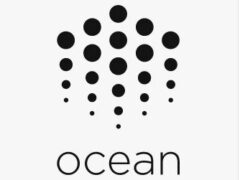
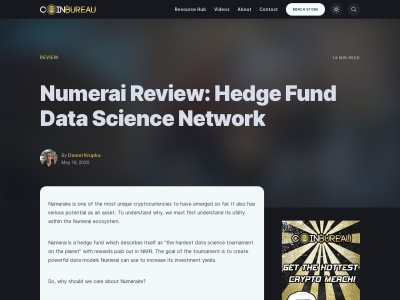
Social Media